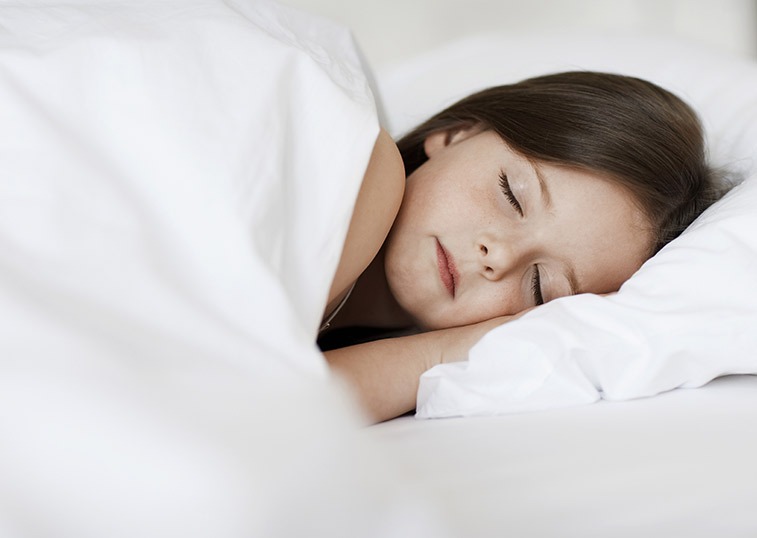It’s the middle of the night, and you hear your child’s call. Before even entering the room, you know what has happened—your child has wet the bed. You are met with damp sheets, wet pajamas and an embarrassed, upset child. This situation can be tough in the moment for both you as a parent and your child, possibly causing anxiety and shame. Are there any solutions and will bedwetting resolve itself?
Wetting the bed is common in children. In fact, it is estimated that between 15 to 20 percent of five year olds wet the bed and up to five percent of 10 year olds still have nighttime wetness occur. Bedwetting seems to be more common in boys than girls and can run in families. It is usually an isolated condition and most often occurs when:
- A child’s bladder holds a smaller volume of urine
- A child’s bladder muscle develops slower
- A child’s body makes a lot of urine
Other factors associated with bedwetting include deep sleepers, constipation, co-occurring illness or social stressors. The majority of the time, bedwetting is not a serious medical condition, but it certainly can be taxing for families. Red flags:
- Ankle swelling
- Blood in the urine
- Burning or painful urination
- Continuous dampness or accidental urination after coughing or stress
- Daytime accidents
- Gait abnormalities
- Increased thirst
- Poor bowel control
- Frequent urination
- Wetting the bed after being dry for weeks or months
If your child experiences any of these symptoms, contact your physician.
Tips for how to manage your child’s bedwetting:
- Keep it positive and remember this is not your child’s fault. It is OK to involve your child in changing bed sheets or other tasks but only for the responsibility aspect. It should not be a punishment.
- Your child is watching your reaction. Remind them that this happens to other kids and they will outgrow it. Other family members, especially siblings, should not be involved.
- Consider mattress and/or sheet covers. Sheet covers make changing the bed at night easier and more efficient.
- Ensure any hallways or bathrooms the child would use during the night have nightlights.
- Set your child up for success by frontloading fluids throughout the day then minimizing intake during the evening.
- Always have your child go potty before bedtime.
- Some families set alarms and place their child on the toilet during the night to avoid accidents.
- Monitor your child’s stools. Most children should have one, moderate stool per day.
- Set up a positive reward system where your child is rewarded for waking up dry.
- Many families have success with bedwetting alarms including watches, pajamas and sheets. Research suggests higher success with these products in children younger than 7 years old.
Remember, most children want to stop bedwetting, but the process is quite challenging and will take time. Hang in there!
…
Posted In Children's, Health Information
